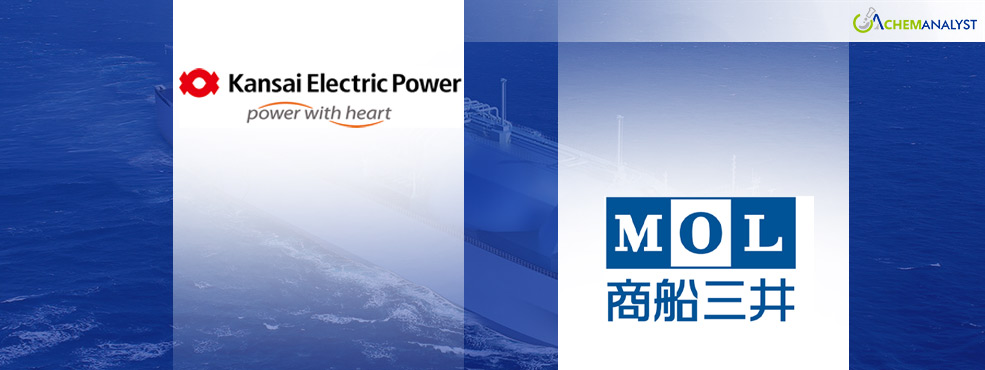Welcome To ChemAnalyst

Japan's Mitsui O.S.K. Lines (MOL) and Kansai Electric Power Company (KEPCO) have signed a groundbreaking memorandum of understanding (MoU) to jointly study the development of a liquefied hydrogen carrier. Announced in a joint statement on Tuesday, this marks the first collaboration in Japan between a shipping company and a power generation company specifically aimed at advancing marine transport solutions for liquefied hydrogen. This partnership reflects their shared commitment to building a robust hydrogen supply chain, a critical step towards supporting global decarbonization efforts and the transition to clean energy.
The collaboration will focus on an in-depth evaluation of the liquefied hydrogen supply chain. This includes identifying the most suitable vessel designs and operational strategies for efficient and safe transport. The companies will also conduct rigorous assessments to ensure the safety of these vessels and operations, addressing key challenges associated with handling liquefied hydrogen at scale. Another important aspect of the study involves examining international laws and regulations governing the marine transport of liquefied hydrogen to ensure compliance and facilitate global adoption of this emerging energy carrier.
Through this initiative, MOL and KEPCO aim to contribute to establishing a hydrogen supply chain that can reliably and safely support the growing demand for hydrogen as a clean energy source. By pooling their expertise—MOL's in maritime logistics and KEPCO's in energy generation and distribution—the partnership is expected to lay the groundwork for scalable, efficient, and sustainable hydrogen transportation infrastructure.
The MoU outlines a structured approach, where both companies will engage in detailed reviews of vessel specifications, operational requirements, and safety measures to address the unique challenges posed by liquefied hydrogen. Hydrogen, being a highly flammable and cryogenic substance, requires specialized handling and storage systems. The study will therefore emphasize cutting-edge technologies and engineering solutions to ensure safe and efficient marine transport.
Furthermore, the initiative will explore how international frameworks can support the adoption of liquefied hydrogen transport. By aligning with global standards and regulations, the companies hope to create a transport model that not only meets domestic needs but also enables Japan to play a leading role in the international hydrogen economy.
This partnership between MOL and KEPCO represents a significant step in Japan’s efforts to establish a comprehensive hydrogen supply chain. It demonstrates a forward-thinking approach to tackling the logistical challenges associated with hydrogen transport while positioning Japan as a pioneer in hydrogen-based energy solutions. As the world shifts towards greener energy alternatives, collaborations like this will be essential to unlocking hydrogen's full potential as a cornerstone of the clean energy future.
We use cookies to deliver the best possible experience on our website. To learn more, visit our Privacy Policy. By continuing to use this site or by closing this box, you consent to our use of cookies. More info.
